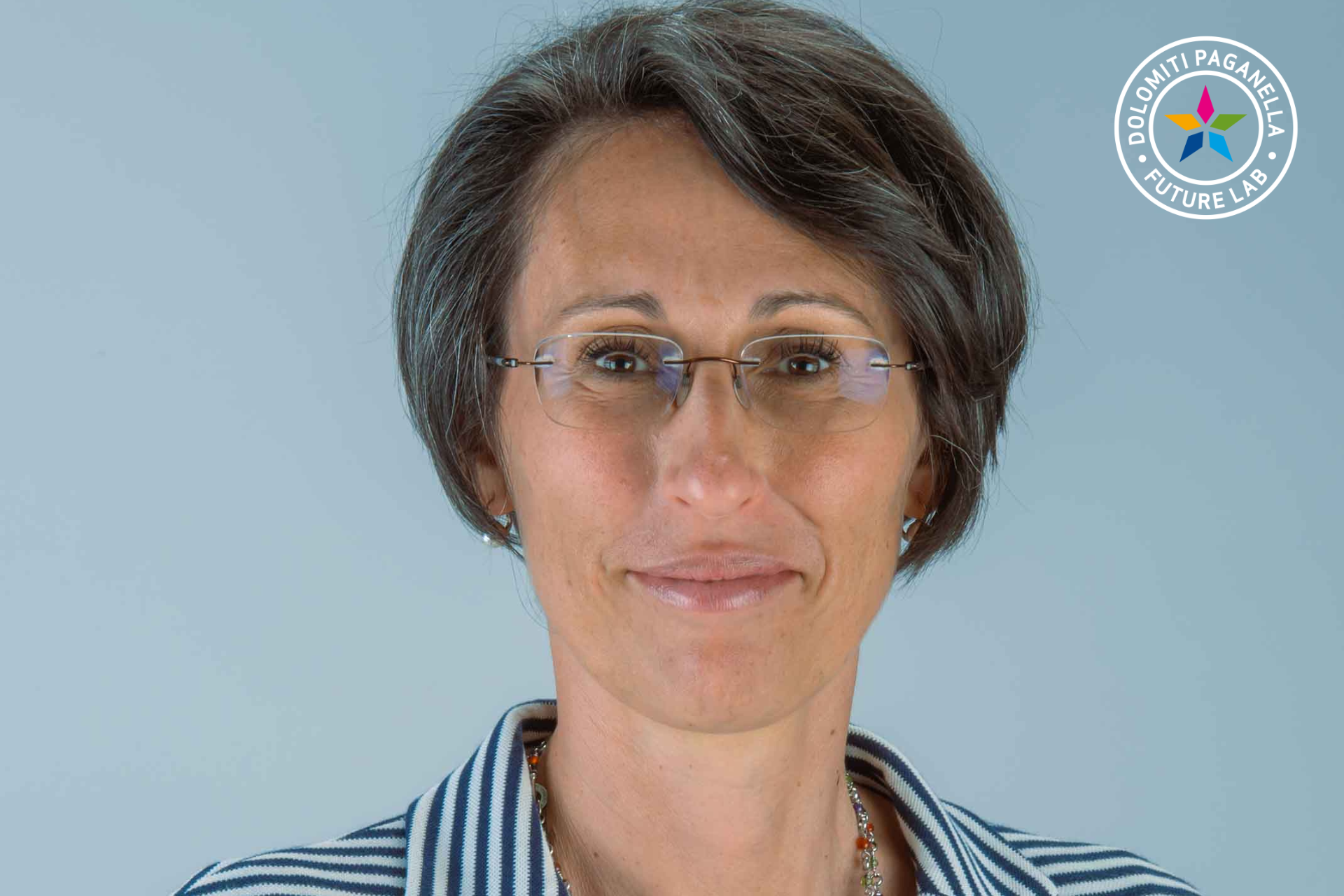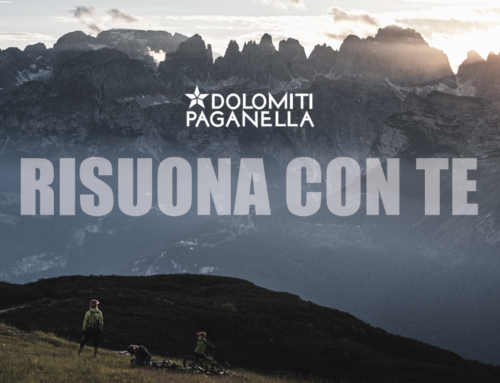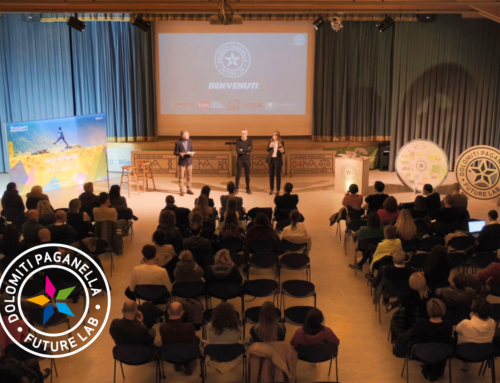August was a month of non-stop activity for “Future Lab 2.0”. The project team are working intensively on the next items in their schedule and to finalize a number of initiatives, including the so-called, “Manual of Good Practice”. This is a genuine handbook of good advice for tourist operators, and also useful for families. It explains how to implement forms of company management and lifestyles more in harmony with the natural environment and local society, with the aims of environmental, social, and economic sustainability.
We wanted to give a sneak preview of the manual, which will be distributed to the entire community over the next few months, and so we interviewed Francesca Ierace about it. She is an environmental engineer of the Terra Institute, a strategic consultancy and management training company, as well as being leaders in guidance to companies for sustainability and the circular economy. They also support the Future Lab 2.0 work team, under the coordination of the Dolomiti Paganella APT.
What is the main purpose of this manual?
“Following the indications that emerged from meetings with the local communities of the Altopiano della Paganella,” explained Francesca Ierace, “the Future Lab 2.0 work team, together with my consultancy company, identified a series of ‘active design nodes’, basically a set of operative projects considered important for the development of the community from the perspective of sustainability. One of these work nodes involves the need to further increase the involvement of tourist operators, visitors, residents, and workers in the issues of sustainability. This is in line with our Values Charter drafted and approved during the first stage of Future Lab. To achieve the objectives of this worksite, it was decided to create a manual of good practice, based on two foundation references sources. The first is a set of indications from the most important institutions in the world as regards sustainable development of tourism. The institutions include the Global Sustainable Tourism Council (GSTC), the World Tourism Organization (UNWTO), and our partners Earth Check, world leaders in sustainable certification in the tourism sphere. Our second reference source were the Future Lab research results collected over the last two years. The manual will attempt to bring this valuable knowledge base to as many people as possible, in a simple and easily understood format, but without banalization”.
Which means?
“Basically not limited to generic suggestions of positive habits, like switching off the lights when you leave a room, but also sharing some concrete ‘quick and easy’ examples that can improve our performance. This is because we have reached a point when simply not damaging the environment is no longer enough, we need to do more. In this sense the aim of the manual will be to suggest positive impact actions that help to save energy and consequently reduce the release of CO2, save water, reduce the creation of rubbish at source, restore the biodiversity of habitats, and avoid waste. This is designed to demonstrate the importance, but also the opportunity, of all acting together in the same direction and sustaining the objectives of the Values Charter. You could say we want to “switch on light bulbs” in people’s heads in the name of environmental sustainability. And then take another step forward after that”.
What step?
“Nowadays when talking about sustainability you automatically think of the environment. But sustainability really involves three prongs of action: environmental, social, and economic. Therefore, one of the manual’s aims is to give advice on how to do good on a social level by respecting the economic sustainability of business activities and of the population”.
Besides these, will there be any other suggestions?
“Yes, and on some extremely important issues, starting from reducing the consumption of single-use plastics. Everything that is single-use is fundamentally wasteful because it is created to be used once and then immediately become refuse, like for example plastic drink bottles, or hotel ‘courtesy lines’. Attention will also be dedicated to food wastage, encouraging more responsible forms of catering”.







